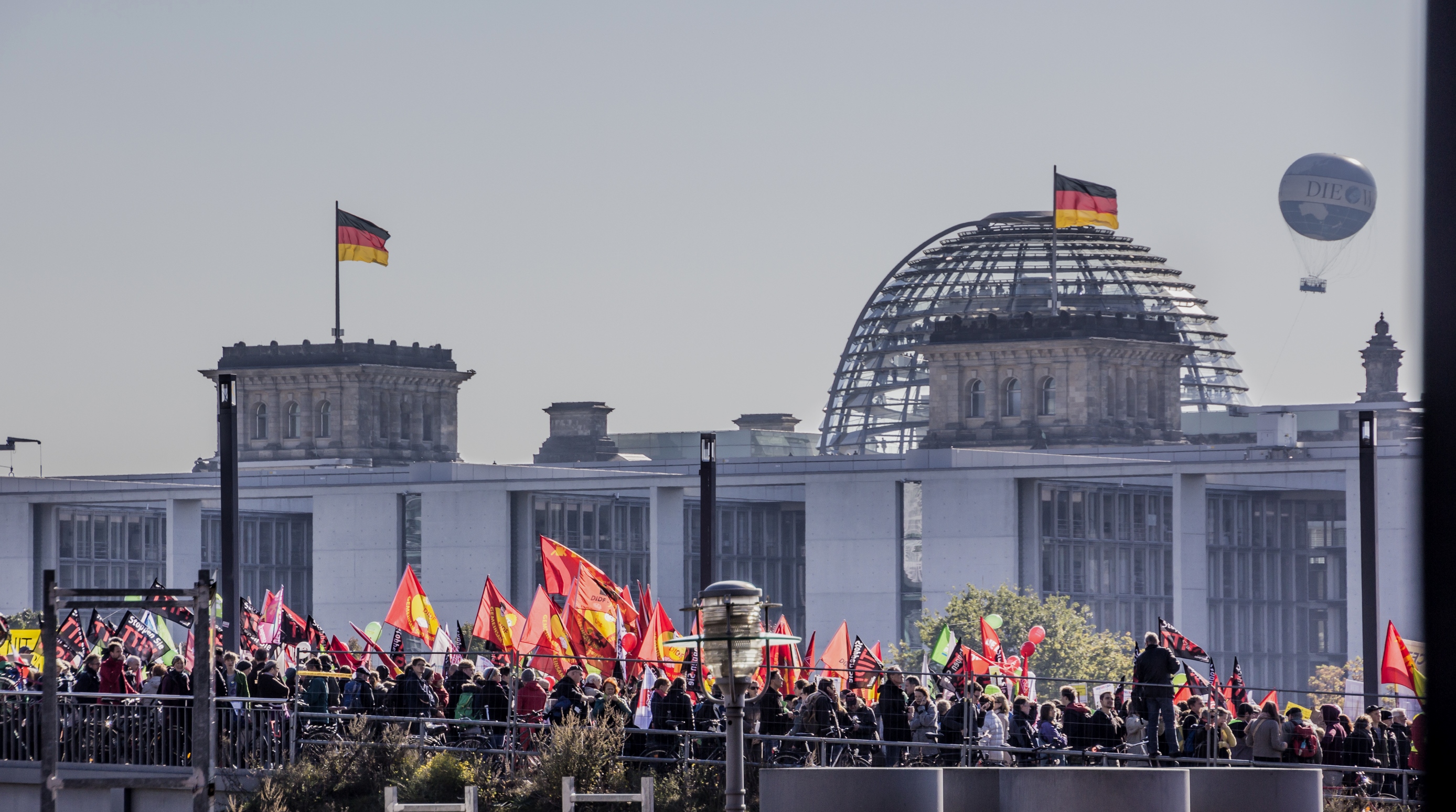The End of a Happy Parenthesis. How the War in UkraineI Is Forcing Germany to Rethink Its Model
The period of peace, economic prosperity, and political stability that Germany has experienced since the end of the Cold War ends with the Ukrainian war. The shock wave of this conflict particularly hit its economy and thereby undermines the foundations on which Germany had based its power, its international influence and established its identity.

The return of war on the European continent leaves Germany shattered in its certainties, weakened in its prosperity, and troubled in its confidence in the future. The competitiveness of the German production site is questioned, and the country is exposed to a risk of deindustrialization and economic stagnation. To what extent will the Scholz government be able to demonstrate its adaptability, like Chancellor Schröder did in the early 2000s, by shaping an ambitious reform agenda? The capacity to define a decarbonized economic model, globally competitive and respectful of social standards, will be a determining element. How should the principles of the social market economy and ordo-liberalism be adapted: will the German state get more assertive as regards industrial and commercial policy? Through the choices that will be made in terms of energy mix, modernization of its economy and social policy, Germany constitutes a laboratory for Europe.
Even if the challenges ahead are considerable, Germany retains significant assets, through its financial power, its innovation potential, and its industrial base, but also the strength of its institutions. In the early 2000s, it already demonstrated its ability to turn a difficult situation to its advantage. Regarding its security, the work of reassurance towards the United States and NATO, of catching up on capabilities for its armed forces and of repositioning industrial partnerships, demonstrates an undeniable pragmatism.
Éric André Martin is Secretary General of the Study Committee on Franco-German Relations (Cerfa).
This publication is available in French: "La fin d’une parenthèse heureuse. Comment la guerre d’Ukraine contraint l’Allemagne à repenser son modèle" (pdf).
Related centers and programs
Discover our other research centers and programsFind out more
Discover all our analysesMerz’ European Policy-making: The End of the ‘German Vote’?
Friedrich Merz’s European ambition is to turn Germany, long seen as hesitant into a leading actor within the European Union (EU). To that end, he has pledged to end the “German vote,” a phenomenon that epitomizes the paradox of a country both indispensable and frequently absent from European decision-making.

Securing critical raw material (CRM) value chains – a prerequisite for Europe’s technological resilience
At the heart of economic security, technological resilience is a backbone of the European Union’s (EU) competitiveness. The EU’s energy and digital transitions depend on critical raw materials (CRM).

Reconciling competitiveness and demographic change: a Franco-German imperative
France and Germany are facing parallel demographic shifts that could reshape the future of their economies and their social models. These shifts reflect broader European patterns but are magnified by the central role both nations play in EU governance and competitiveness.
Taking the Pulse: Does France's Political Crisis Weaken Europe's Geopolitical Hand?
While the EU tries to navigate a myriad international challenges, France is experiencing historic political disarray. What impact will instability in Paris have on Europe's geostrategic capacity?










